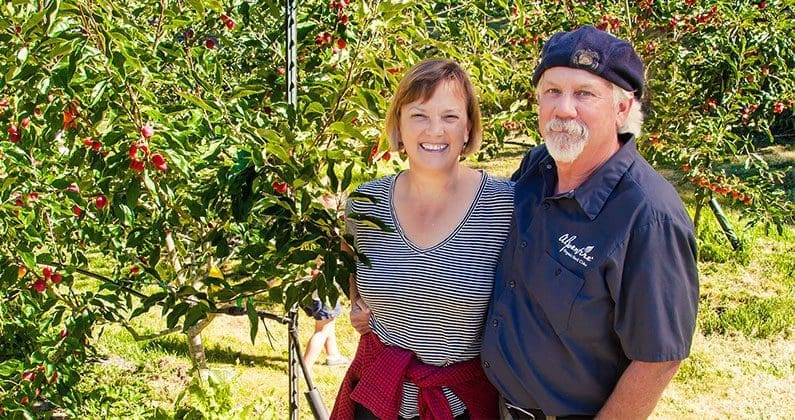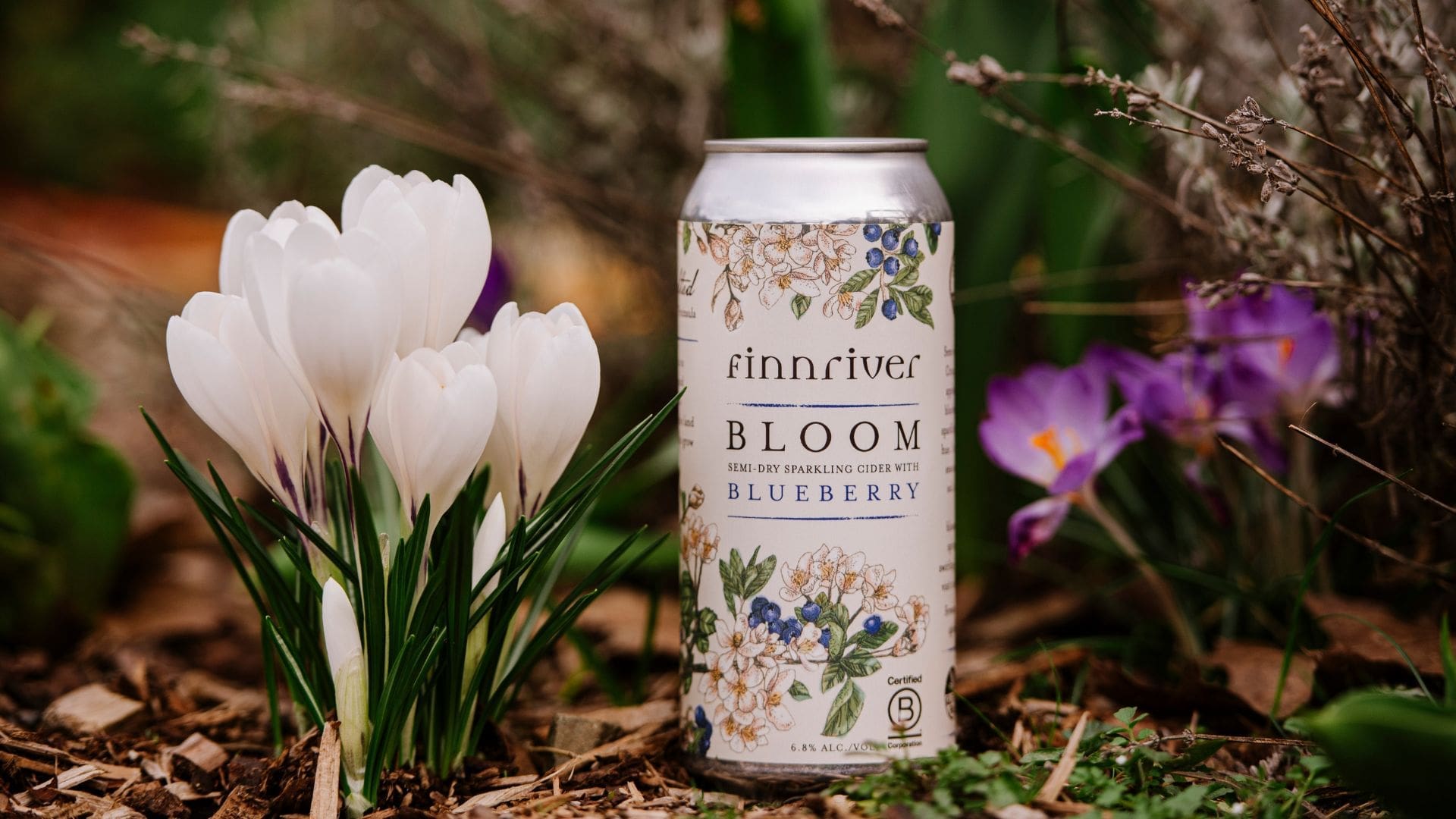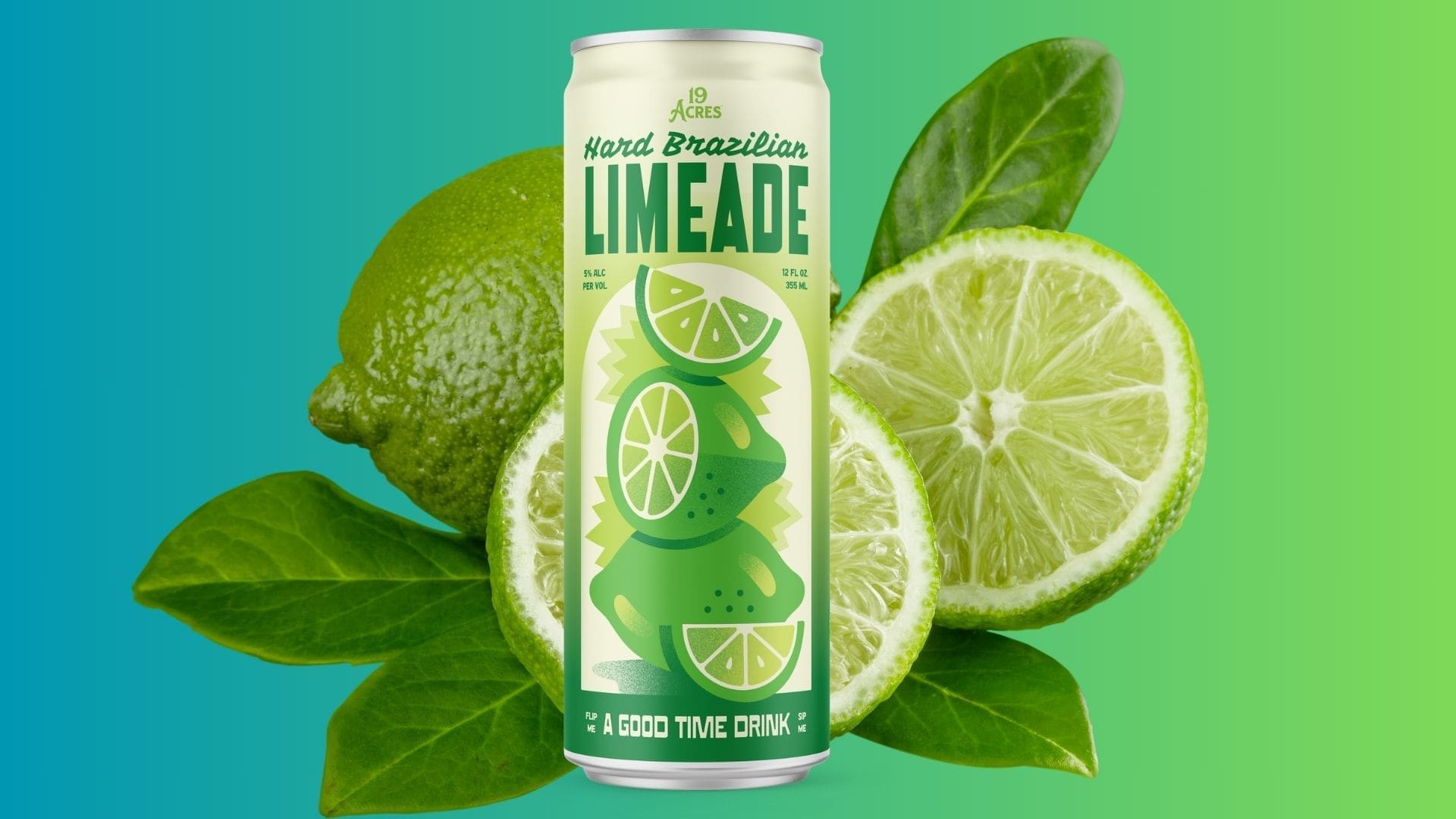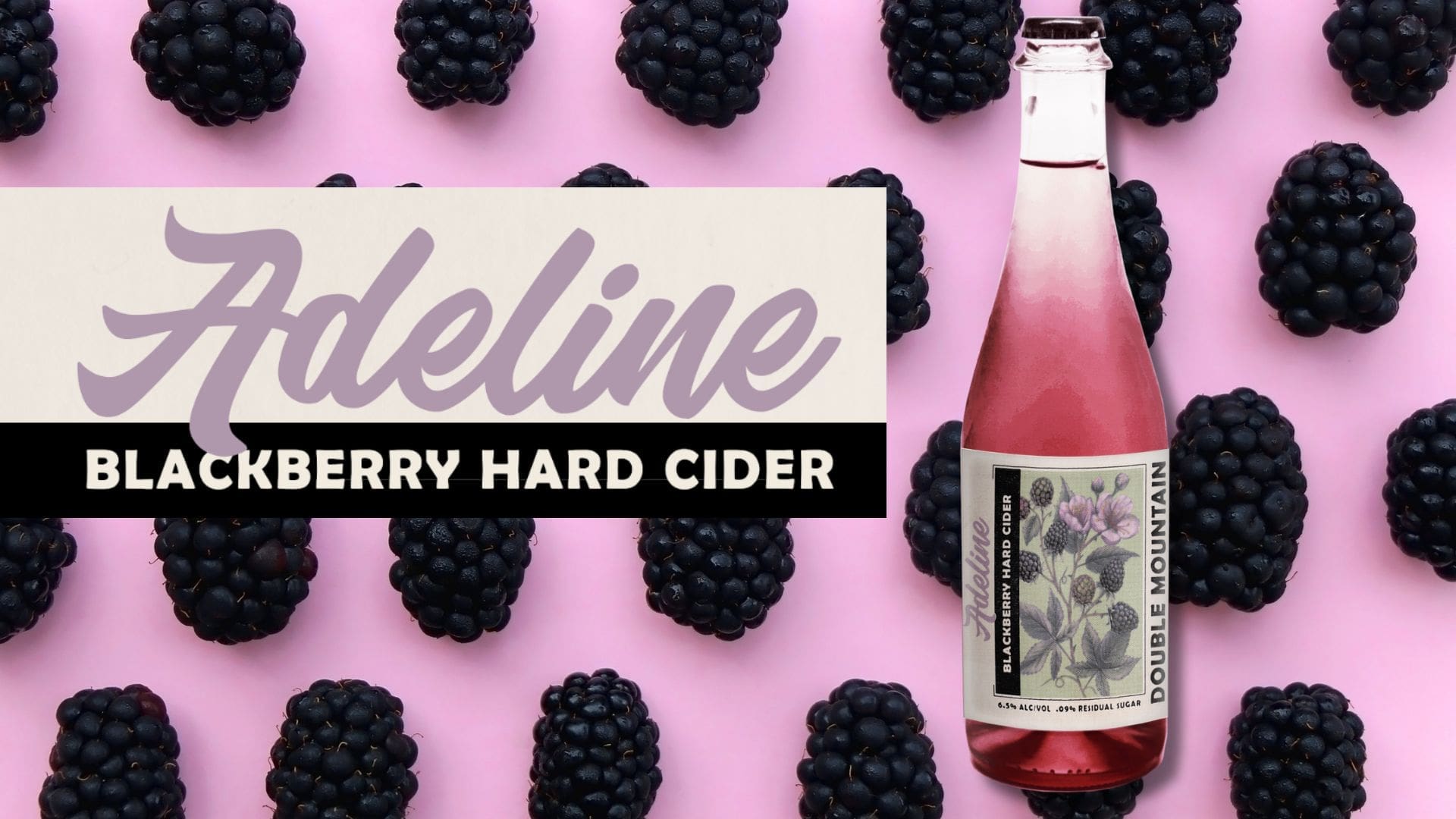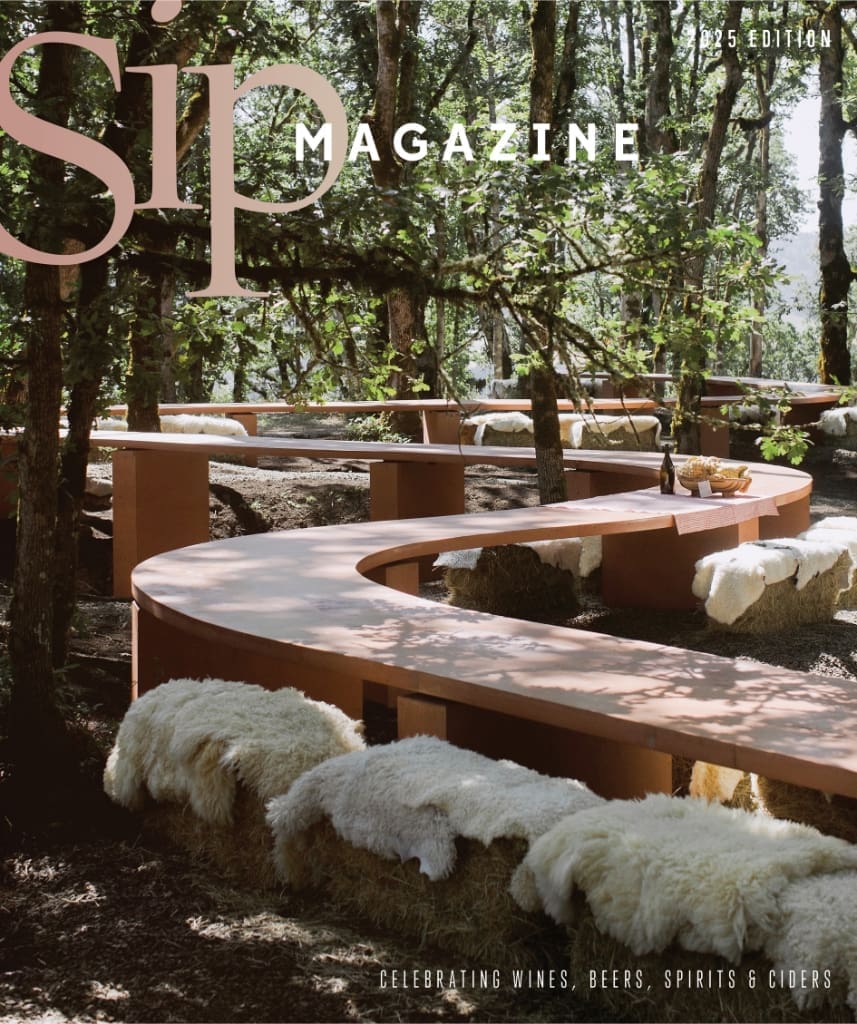A trailblazer in Northwest cidermaking, Nancy Bishop of Alpenfire Cider in Port Townsend, Washington, was already head over apples for cider when a 2003 European tour helped her and husband Steve find their now-signature style. Trekking from northwestern England through Normandy and into Spain, they hit some of the world’s best cideries and realized they needed to plant their own orchards to take their operation from hobby to art.
Though they had previously dabbled in the process with apples from a friend’s orchard, Bishop says it was on this trip that they realized cider could be a true expression of the apples and that the varieties they used mattered.
After returning, they got to work planting 1,000 organic trees of traditional bittersharp and bittersweet cider apples, not something regularly seen in this grocery apple capital. As the West Coast’s first certified organic cidery, Alpenfire Cider produced only two styles of cider at first: a bone-dry sipper, which is still made similarly today as the Pirate’s Plank, and a bittersweet, which later became the popular Ember.
Over time, they added in more styles, including Bishop’s current favorite: Dungeness, a still cider and style not often seen in the United States. “It was something we experienced in Europe, and wanted to replicate,” she says. “You can experience the 200 varieties of apples that went into the bottle without the bubbles to distract.”
With many of the apples for this cider coming from the namesake orchard in nearby Sequim, each was chosen for its distinct flavor. And while not every nuance can be separated, it’s a testament to the Bishops’ commitment to using only flavorful, bold fruit rather than “sweet water,” as Bishop puts it.
With more attention being paid to cider, Bishop acknowledges that it’s not all rising boats on the swell. “I don’t think we give [drinkers] enough credit for their senses,” she says. “Instead of being patient and making complex ciders that their senses can adapt to understanding, the market is being flooded with sweet novelties.”
Instead, she says it is up to cider producers to build the reputation of cider as a viable alternative to quality wines and beers.
A favorite apple grower of the Bishops’ has decided to pull out his wonderful old trees, cutting off some of their supply to favorites like Winter Bananas in favor of a more cash-earning crop: Christmas trees. Still, Bishop believes that carrying on their 5,000-gallon production and welcoming aspiring cidermakers into their tasting room will pay off.
“We’ll just carry on as we’re doing and hope that other people will start their own cideries,” she says. “It’s what we saw in Europe: a place for small, traditional, apple-focused cider growth.”
With an emphasis on educating consumers to what they’re doing and a commitment to making the truest ciders they can, Alpenfire blazes on.
This story originally ran in the fall print issue of Sip Northwest magazine. For the full story and more like it, click here to subscribe.

